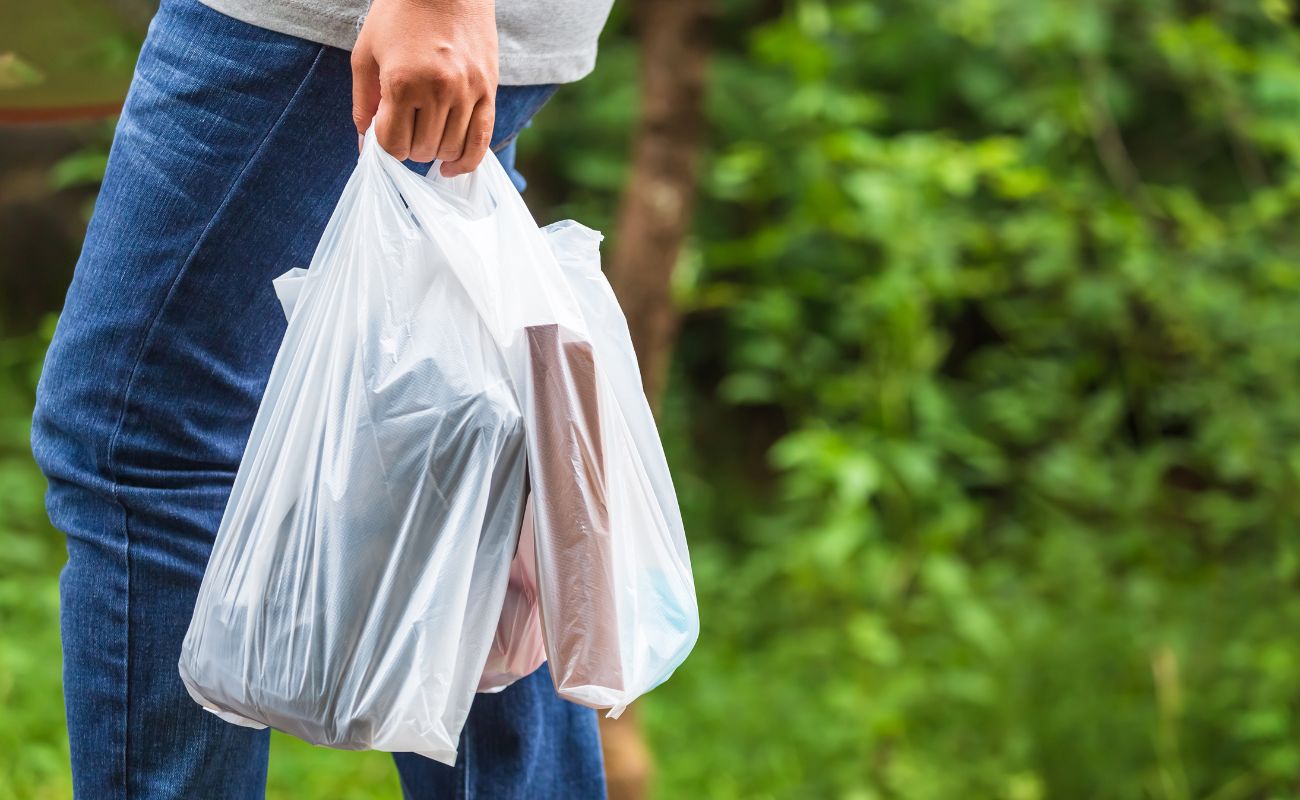Costa Rica’s conservation efforts are making headlines in the fight against plastic waste with the passage of a new law that outlaws the commercialization and free distribution of plastic bags and straws and limits the disposal of plastic bottles to waste management.

This is part of a broader set of pro-environmental measures that have elevated Costa Rica to the forefront of environmental protection worldwide.
The new Costa Rica conservation efforts, which were enacted in 2019, will go into effect in a year, pending the presidential signature on the regulation authorizing its implementation. The government thinks that this would dramatically reduce the quantity of plastic garbage produced in the country, as well as aid in mitigating the environmental and health effects of plastic pollution.
The legislation forbids “the commercialization and free delivery of plastic bags to the final consumer in supermarkets and commercial establishments,” with the exception of those composed of at least 50% processed plastic or biodegradable material.
This implies that supermarkets and other business enterprises will no longer be permitted to provide consumers with plastic bags and will have to transition to more sustainable alternatives.
Similarly, among the Costa Rica conservation efforts you will find that the prohibition on straws and light bulbs is absolute throughout the national territory unless the Ministry of Health establishes exceptions. Individuals and businesses will be forced to find alternatives to single-use plastic straws and light bulbs.
Importers, makers, marketers, and distributors of single-use plastic bottles must comply with at least one statutory criterion in order to remain in business. These include a percentage of recycled resin in the bottles or the formation of a recovery, reuse, recycling, energy recovery, or other waste recovery program. This means that businesses must accept responsibility for their garbage and find ways to recycle or reuse it.
Every day, more than 40 tons of plastic garbage are not collected or caught by Costa Rica’s collection and recycling systems, according to the Ministry of Health. This is a big issue because plastic garbage can take hundreds of years to disintegrate and can affect the ecosystem and wildlife.
During a joint press conference with the President, Alexei Carillo, the Minister of Health, underlined that plastic and microplastic pollution is not just an environmental concern, but also a health problem. The new law is an essential step toward safeguarding the public health of Costa Ricans and visitors.
“With this new regulation, Costa Rica is taking the initiative and passing the baton to say, ‘here we are defending our ecosystems,’ as well as defending the public health of Costa Ricans and visitors,” said the head of the health portfolio.

The rule also prohibits the acquisition of single-use plastic items such as cutlery, crockery, or food containers by any state organization. This means that government agencies will need to identify alternatives to single-use plastic items and promote more sustainable practices.
An estimated 170 trillion plastic particles, predominantly microplastics, are floating in the world’s waters, according to a survey published last March on the specialized website PLOS One. According to the PLOS study, the total weight of plastic pollution measured to date is 2.3 million tons. These figures are startling, highlighting the critical need for action to address the plastic waste crisis.
Costa Rica’s new law is a significant step toward addressing this issue, and it serves as a great model for other countries to follow. Costa Rica is taking the lead in the fight against plastic pollution by prohibiting single-use plastic bags and straws and compelling businesses to take responsibility for their plastic waste.
Reference:
AFP. (2023, April 13). From Plastic Bags to Straws: Costa Rica’s New Law Tackles Single-Use Plastics. The Tico Times | Costa Rica News | Travel | Real Estate. https://ticotimes.net/2023/04/13/from-plastic-bags-to-straws-costa-ricas-new-law-tackles-single-use-plastics